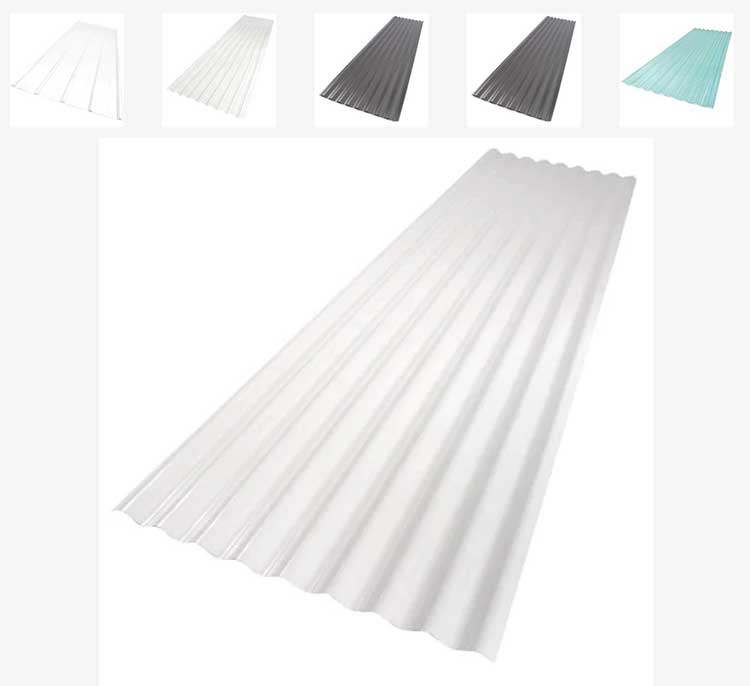
PVC is a durable and high-quality option for homes in Huntsville. The material is made of high-grade polyvinyl chloride. It is a single-ply roofing option that is made of polyvinyl carbonate material.
In this blog post, you will learn about how to select the best quality Huntsville roof for your home. The tips from the Huntsville roofer will help you in selecting the right PVC roofing option for your house.
Selecting the Best PVC Roofing Contractor
Cost is the main consideration when it comes to PVC roof installation. PVC roofing is more costly than the alternative thermoplastic polyolefin (TPO) ethylene propylene diene terpolymer (EPDM) roofing options. But the durability and reliability are higher than the alternative.
Prices for installation of PVC roofing differ depending on the roofer and location. Inexperienced roofers generally charge less than experienced Huntsville roofers. But they also don’t have the expert tools to ensure proper installation of PVC roofing.
Depending on the location, complexity, and type of roofing, you can expect to pay between $750 and $1450 per square foot for PVC roof installation.
The average cost for a 1200 square roof can be between $9,500 and $17,000. This cost includes the necessary supplies and materials, permits, and cost of installation.
Factors Affecting the Cost of PVC Roof Installation
The main factors that affect the PVC roof installation include the following.
- Total covered area in square feet. The area includes overhang and parapets walls for flat roof
- The thickness of PVC material
- Type of installation – New or replacement
- Insulation material
- Roof slope
Apart from the above factors, the features of the roof also affect the price of PVC roof installation. The cost will be on the high end if installation requires extra consideration such as drainpipes, flashing, and others.
The thickness of PVC Material
PVC material can range in thickness between 45 and 80 mm. For residential buildings, a PVC material with a 50 mm membrane is recommended.
If you are installing the roof on a manufacturing plant, you should go for thicker material. Materials with higher thickness are generally more durable. Thicker materials can withstand extreme weather conditions better due to which they last a long time.
Welding the Seams
PVC materials have seams similar to metal, TPO, and EPDM materials. The seams must be weeded using a heat or air welding gun. This results in a waterproof barrier that reduces the risk of water leakage.
Some contractors don’t weld the seams to save cost. But this reduces the lifespan of the roofing material. You should ensure that the contractor uses the
If you want to ensure that the contract uses a welding gun to connect the seams This will result in less wear and tear of the membranes due to being exposed to the weather elements. It will help improve the life of the material to 20 or more years.
Final Remarks
PVC competes with other roofing options such as modified bitumen and BUR that are suitable for high sloped roofs. The roofing material can also be installed on flat roofs. But they are generally installed on roofs with low slopes.
A great thing about PVC roofing is that they are less likely to leak. The material is recommended on houses located in areas that receive a lot of rain and snow. The low slope ensures that water does not stay for long on the roof. A flat roof can leak water if it is left standing for long. But PVC roofing withstands puddles of water.
Make sure that you select a professional roofing contractor for the installation of a PVC roof.
Give us a call 256-325-2277, or email us for a free roof inspection and Free Estimate
Check what some customers are saying We offer more than roofing, check out our service offerings We Specialize in maximizing insurance claims and quick turnarounds

